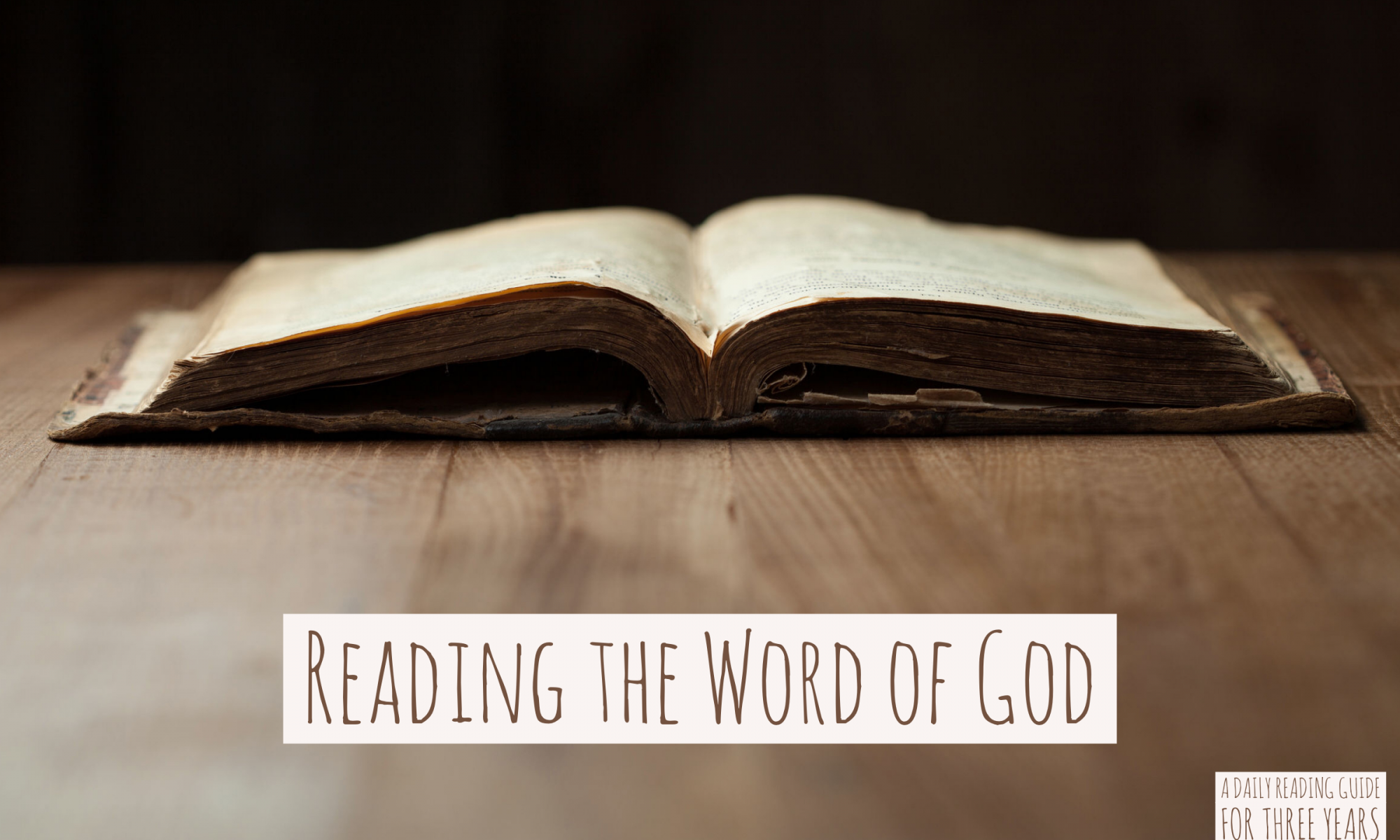On April 28, thus ten days later [a er Worms], [Luther] wrote his well-known letter to Emperor Charles. … “But I, who was always humble and zealously ready to do and to suffer all that in me lay, could not obtain this one concession, this most Christian prayer, that the Word of God should remain free and unbound, and that I should submit my books to your Sacred Majesty and the Estates of the Empire on that condition, nor that in yielding to the decree of a Council I should not submit to anything contrary to the gospel of God, nor should they make any such decree. is was the crux of the whole controversy.” Luther then continues: “For God, the searcher of hearts, is my witness that I am most ready to submit to and obey your Majesty either in life or in death, to glory or to shame, for gain or for loss. As I have o ered myself, thus I do now, excepting nothing save the Word of God, in which not only (as Christ teaches in Matthew 4) does man live, but which also the angels of Christ desire to see (I Peter 1). As it is above all things it ought to be held free and unbound in all, as Paul teaches (II Timothy 2:9). It ought not to depend on human judgment nor to yield to the opinion of men, no matter how great, how numerous, how learned, and how holy they are. Thus does St. Paul in Galatians. I dare to exclaim with emphasis, ‘If we or an angel from heaven teach you another gospel, let him be anathema,’ and David says, ‘Put not your trust in princes, in the sons of men, in whom is no safety,’ Ps. 146:3. Nor is anyone able to trust in himself, as Solomon says, ‘He is a fool who trusts in his heart’; Prov. 28:26, and Jeremiah 17, ‘Cursed is he who trusteth in man’ … For to trust in man in matters of salvation is to give to the creature the glory due to the creator alone.” (20–21)
*For additional information, source material, and details, please visit: Reading the Word of God – Introduction



